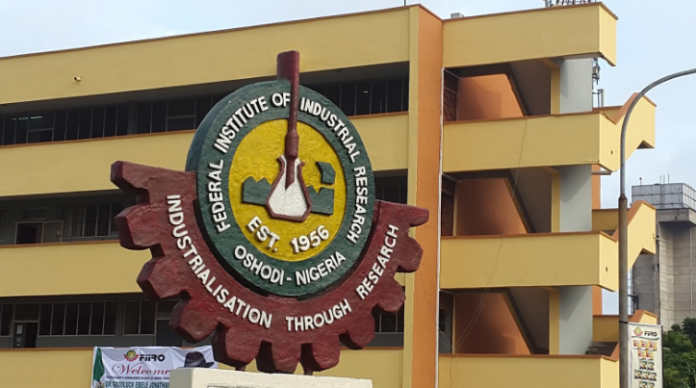The Director General of the Federal Institute of Industrial Research, Oshodi (FIIRO) Lagos has lamented that the country losses over $9 billion dollars annually to post-harvest losses.
Professor (Mrs) Gloria Elemo, who was the keynote Speaker at a two-day workshop of GAIN-PLAN Nigeria Cold chain Summit 2017 held in Ikeja-Lagos recently, stated that post-harvest losses in Nigeria is estimated to be about 50 percent of foods produced. She explained that some experience more than 50 percent loss like in the case of fruits and vegetables due to their perishable nature, adding that hardy crops like grains record less than 50 percent post-harvest losses.
“Some food products never get to leave the farm before they experience spoilage, damage or waste while others happen during transportation, storage and in the markets. Apart from the biological reasons for PHL, our farming systems are mostly at the subsistence level and thus with no appropriate mechanisation and infrastructural facilities to back them up like good roads, processing equipment, storage equipment, poor market distribution, etc.
“We have bad roads, appropriate transportation suitable for perishable produce are in short supply, value added to agricultural produce is low, there is poor maintenance of storage and handling facilities to mention a few.
It is ironic that less perishable crops like grains, roots and tubers with low moisture contents experience more loss as a result of poor handling after harvest while fish, livestock, fruits and vegetables experience more loss as a result of biological factors.
Reducing biological deterioration as well as eliminating these inefficiencies and ineffectiveness of the systems, without even any increase food production, will go a long way to improving food availability year around. The loss in nutrients that may have otherwise helped to reduce micronutrient deficiencies and chronic malnutrition in Nigeria is appalling.
We cannot go on like this. In his speech, Alex Isong, MD/CEO of ALYX Ltd, noted that private sector drives any economy, saying that if the private sector does not stand in Nigeria, there in nothing that FIIRO would do that will yield the required development.
Isong stated that he has the passion to cut post-harvest losses in Nigeria, adding that this propelled him into building cooling van that can preserve vegetables and other perishable items like tomatoes from the farm to the market as it is obtainable in the western world. He said: “Farmers in Nigeria are very poor, they toil and toil without making money.
They loss over 70 percent of their tomatoes to rot and other forms of wastages due to lack of preservation and improper storage and handling.
“Federal Government keeps giving them grants, loans, fertilizer, and aids, but all these end up in dust bin. This bad business, no business can be sustained like this.
“We went into fabrication of cooling van to help Nigerian famers and the government identify that cold-chain logistics is integral part agriculture. It will enhance employment generation and food provision.
We will get fresh food in Nigeria and we would begin to export.” Also speaking, Alhaji Abdulai Bby, head, tomato sellers association, Mile 12, Lagos, said with the cold chain initiative, their losses would be a thing of the past.
He noted that it would also address the issue of scarcity of the tomatoes and other vegetables, adding that it will bring about stability in the price of the commodity. He called on the government to come to the aid of farmers to be able to acquire the cold chain equipment.




